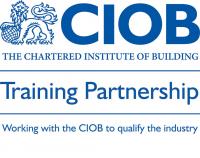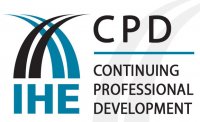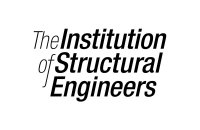Overview:
Value Management is a systematic process of management decision making to maximize the overall performance of an organization (or project). It evolved out of Value Analysis, a product improvement method based on the concept of value and function developed in the 1940s, to become a broad-based approach to management decision making, improving businesses, projects and products world-wide.
Within construction, the techniques and procedures of Value Management (VM) and Value Engineering (VE) are used to support project decision making, control the delivery of value, and give a focus for collaboration. Value Management is recommended good practice by HM Treasury, the Office of Government Commerce and major professional bodies. VM and VE are embedded within the project control processes of organisations such as the Highways Agency and Network Rail.
Those who acquire skills in Value Management are not only able to lead the
evaluation process - to improve value and effectiveness in their chosen field
- but will also become better managers and decision takers.
Aims & Objectives:
To achieve an enhanced understanding of Value Management and how it can improve business processes and project development
To enable delegates to:
- Learn the principles of Value Management, Value Engineering and Value Analysis
- Understand the principles of Value and Function
- Understand the British Standard for Value Management, National & International practice
- Know how VE/VA is applied
- Know how to achieve successful VM for the organisation and for projects
- Understand the benefits of VM
Course Outline:
- History, development and benefits of Value Management
- The concepts of Value and Function
- Understanding the terminology
- Key principles and processes of Value Management/Engineering and applications by leading organisations
- Undertaking Value Management - Case Study
- Methods and tools (Function Analysis, Creativity, Evaluation and others)
- Deploying Value Management and Critical success factors
- Integration of Risk Management and Value Management
- Achieving a qualification in Value Management
- The course comprises a series of interactive exercises, presentations and discussions.
- An initial Assessment of the understanding and experience of VM is made during the introductions and final assessment of learning made at the conclusion of the day.
- Course material includes the presentation slides, supplementary notes, appendices and references to aid continuing development following the course.
- This course is presented by a skilled VM practitioner and qualified Trainer in Value Management (TVM).
- Value Management is supported by a broad range of facilitated decision making and problem solving tools. The training gives delegates the opportunity to use some of these, so that they will be able to apply them within the workplace.
- As VM is applicable to all types of businesses, this course is structured to meet the type of organisation and particular needs of the participants.
- For an in-house client a modified format can be discussed, where a VM workshop is conducted on a company project.
Those attending this course will benefit by:
- Knowing what is expected by Clients that require Value Management and how those requirements may be met
- Knowing how VM improves Project Management
- Understanding how further training in VM would improve their personal skills as a Manager and Project Manager
- Being aware that this course covers the training requirements for the Level 4 module for the NVQ "Business Improvement Techniques in Construction"
- Being eligible for a follow on 2 day course in VM facilitation which together
with this one day course, meets the Foundation Course requirements for the
European qualification "Professional in Value Management" (PVM).
Intended For:
- Middle and Senior Managers of any discipline
- Civil Service and Local Authority Managers
- Project and programme managers
- Team Leaders
- Construction Managers
- Architects, Quantity Surveyors and specialist professionals
- Business Managers
Delegates will be asked to consider aspects of value from the perspectives
of their company and that of the Client.








